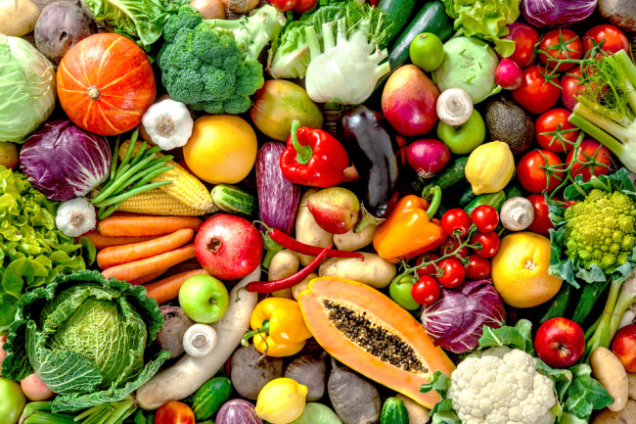
Audio By Carbonatix
The Vice-Chancellor of the University of Energy and Natural Resources (UENR), Professor Elvis Asare-Bediako, has cautioned vegetable farmers against the use of contaminated wastewater in growing crops because of adverse health implications for human beings.
He explained that some wastewater contained heavy metals and other micro-organisms.
“If we use such water to grow crops, especially vegetables that are eaten raw, they go directly into the human system,” he cautioned
He advised farmers to dig boreholes to serve as a source of water for watering crops because that is better, compared to using contaminated water.
Prof Asare-Bediako gave the caution in an interview with the Ghana News Agency after a public lecture on the theme, ''Prescription for Better Environment and Prevention of Spread of Non-Communicable Diseases: The Perspective of the Geoscientist,'' at Sunyani, as part of activities marking the 10th-anniversary celebration of the UENR this year.
He said: ’The type of water used in watering some of the vegetables is worrying, and that’s where we contract food poisoning because heavy metal contamination also contributes to the other health implications.’
He noted it was difficult to identify vegetables on the market grown with contaminated water that contained heavy metals, saying that made it more dangerous to the health of the consumer.
Prof Asare-Bediako also spoke against the ways vegetables were preserved at the markets before being sold to consumers, saying “they become even more contaminated at the markets,”
He advised the public to always purchase vegetables from known sources.
Prof. Emmanuel Arhin, a geoscientist of the Department of Geographic Science, School of Geo-Sciences, UENR, who gave the lecture on the theme said the lack of essential elements and excesses of toxic elements that humans were exposed to lead to health problems such as non-communicable diseases.
According to him, "research suggests that identifying the geo-availability of elements holds the key to control the prevention of many environmental health diseases.”
Latest Stories
-
New Year’s Luv FM Family Party in the park ends in grand style at Rattray park
4 minutes -
Mahama targets digital schools, universal healthcare, and food self-sufficiency in 2026
11 minutes -
Ghana’s global image boosted by our world-acclaimed reset agenda – Mahama
32 minutes -
Full text: Mahama’s New Year message to the nation
32 minutes -
The foundation is laid; now we accelerate and expand in 2026 – Mahama
52 minutes -
There is no NPP, CPP nor NDC Ghana, only one Ghana – Mahama
54 minutes -
Eduwatch praises education financing gains but warns delays, teacher gaps could derail reforms
1 hour -
Kusaal Wikimedians take local language online in 14-day digital campaign
2 hours -
Stop interfering in each other’s roles – Bole-Bamboi MP appeals to traditional rulers for peace
2 hours -
Playback: President Mahama addressed the nation in New Year message
3 hours -
Industrial and Commercial Workers’ Union call for strong work ethics, economic participation in 2026 new year message
5 hours -
Crossover Joy: Churches in Ghana welcome 2026 with fire and faith
5 hours -
Traffic chaos on Accra–Kumasi Highway leaves hundreds stranded as diversions gridlock
5 hours -
Luv FM Family Party in the Park: Hundreds of families flock to Luv FM family party as more join the queue in excitement
5 hours -
Failure to resolve galamsey menace could send gov’t to opposition – Dr Asah-Asante warns
5 hours

